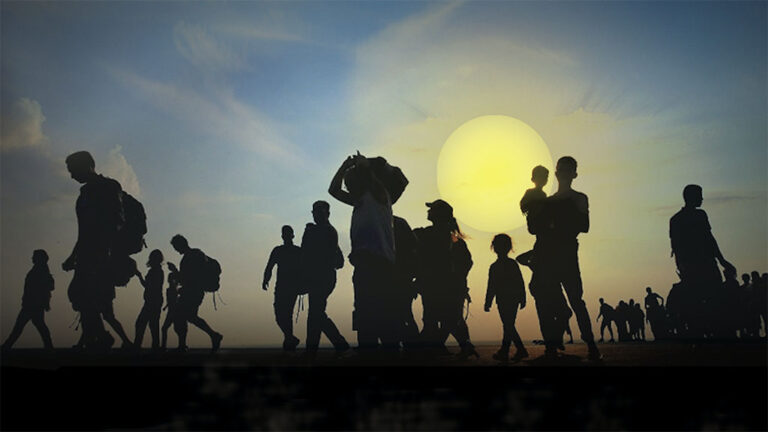My interest in the relationship between migration and development grew when anti-immigration discourses started to gain a stronger foothold in Europe and the US. In the meantime, the largest refugee crisis since the second world war took place in parts of the Middle East and Africa. The year was 2015, the same year the UN adopted the Sustainable Development Goals in Agenda 2030. For the first time in the history of the UN, migration was mentioned as a part of reaching the development goals. In the introduction of Agenda 2030, it states that “We recognize the positive contribution of migrants for inclusive growth and sustainable development. We also recognize that international migration is a multi-dimensional reality of major relevance for the development of countries of origin, transit and destination, which requires coherent and comprehensive responses.”
I glimpsed a thin light of optimism in the discourse of migration – a different perspective that, perhaps, could help shift the focus from nationalistic depictions of the immigrant (note: non-westerners) or refugee as a non-deserving, lazy and even dangerous ”other”, to a view on migration as a phenomenon that affects and can benefit all of us. From a human development perspective, migration can indeed function as a survival strategy, income diversification strategy, and contribute to development on an individual and community level. A clear example is remittances (money sent from a migrant to individuals/communities in the country of origin) which worldwide constitutes more than three times the value of official development assistance. Destination countries and the inhabitants can also benefit from immigration in the form of labor force and tax income. When people move across borders, undoubtedly, ideas and knowledge spread as well.
However, the optimistic perspective needs to be nuanced. It is crucial to recognize that all individuals have the possibility to contribute to sustainable development, both on a personal and societal level – if the conditions are favourable. A few examples are the conditions of the labor market in the destination country, the money transfer fees, and the actual possibility to migrate to another country. Other factors that can inhibit potential positive effects of migration are economic inequality within countries and repressive political systems or corruption. Moreover, migration should not be regarded as desirable only if it leads to societal development (which is a popular perspective in the EU and its member states). To leave one’s country is a human right as well to seek protection in another country.
In a world with stricter visa regulations and borders controls, and an increased gap between the world’s richest and poorest, the hope for development cannot be put in the hands of migrants and refugees. Rather, a global focus on how to produce coherent and comprehensive responses, as proposed by the UN, must be prioritized before the whole world can benefit from migration. As pointed out by the scholar Hein de Haas: development is a condition for investment and return by migrants rather than a consequence of migration. In other words, development as a social transformation can be enabled through migration only when the right political and economic conditions are put in place.


